It's all about the classical music composers and their works from the last 400 years and much more about music. Hier erfahren Sie alles über die klassischen Komponisten und ihre Meisterwerke der letzten vierhundert Jahre und vieles mehr über Klassische Musik.
Total Pageviews
Saturday, July 6, 2024
LADY MARMALADE - Christina Aguilera, Lil’ Kim, Mya, P!nk
Friday, July 5, 2024
Mariah Carey - Emotions (Live Mix)
Music 1 songs
What Happened to Bach’s Twenty Children?
By Emily E. Hogstadt, Interlude
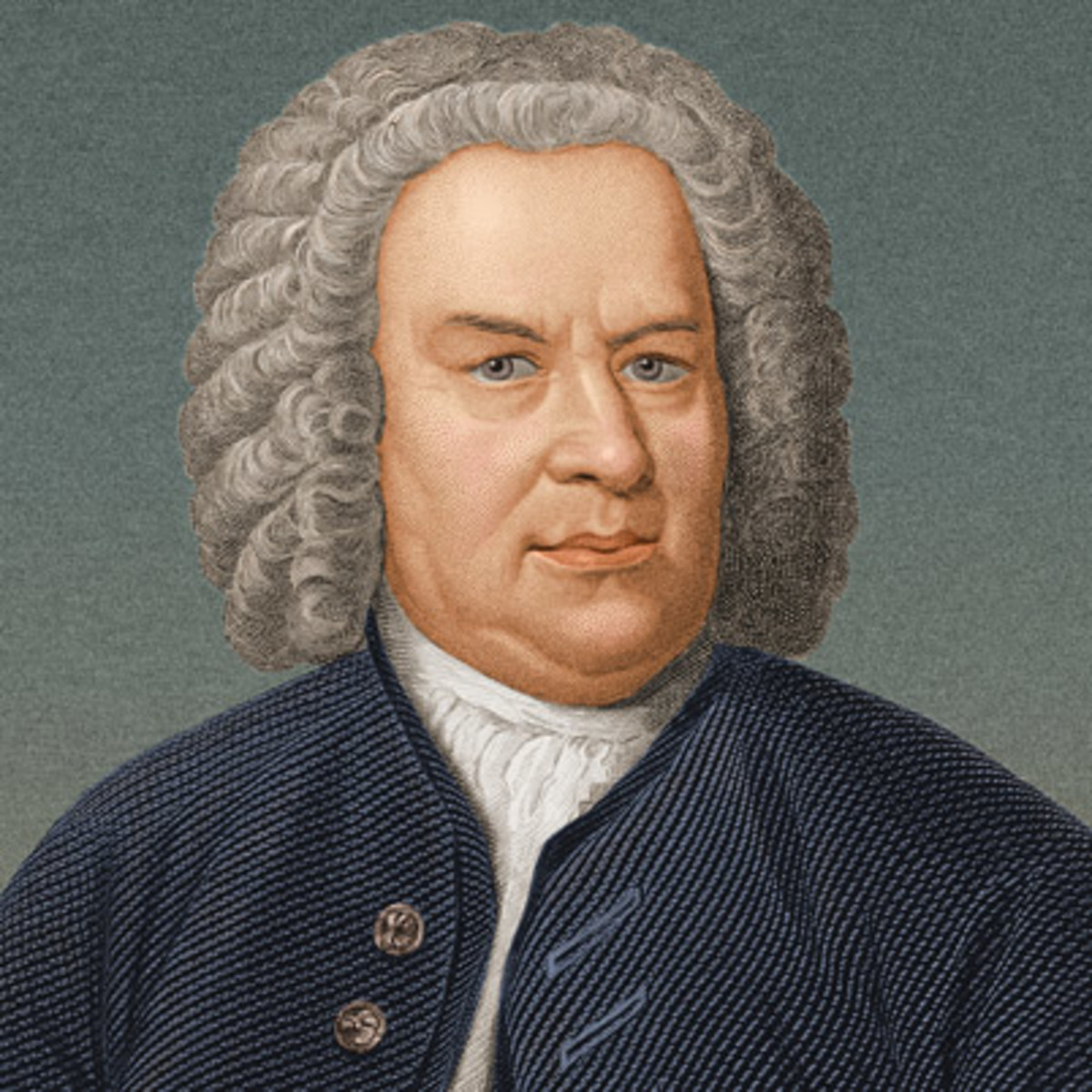
J.S. Bach © biography.com
Maria Barbara Bach was Bach’s first wife (and his second cousin). They were married on 17 October 1707, and they had seven kids.
Catharina Dorothea (1708-1774)
We don’t know a lot about Catharina Dorothea, but we do know she was a singer. In 1730, Bach wrote to a friend, “[My children] are born musicians, and I can already form an ensemble both vocal and instrumental within my family, particularly since my present wife sings a good, clear soprano, and my eldest daughter, too, joins in not badly.” Seems like high praise from Bach, a known perfectionist!
It makes sense that Catharina Dorothea would be a well-trained musician. For many years, all of her surviving siblings were brothers, and she no doubt absorbed the musical instruction offered to boys of the era…and especially to the Bach boys.
Wilhelm Friedemann (1710-1784)
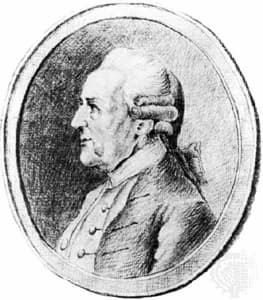
Wilhelm Friedemann Bach, drawing by P. Gulle, 1783
© Berlin State Library
Bach’s eldest son was the inspiration behind Klavierbüchlein für Wilhelm Friedemann Bach, a collection of keyboard music. He studied law and mathematics but ultimately ended up a professional musician and teacher. Despite all of his training, Wilhelm Friedemann never became a wealthy musician, and he died in poverty.
Twins Johann Christoph and Maria Sophia (1713-1713)
Johann Christoph died the same day that he was born, 23 February 1713. Tragically, his twin Maria only survived a little longer, until March 15.
Carl Philipp Emanuel (1714-1788)
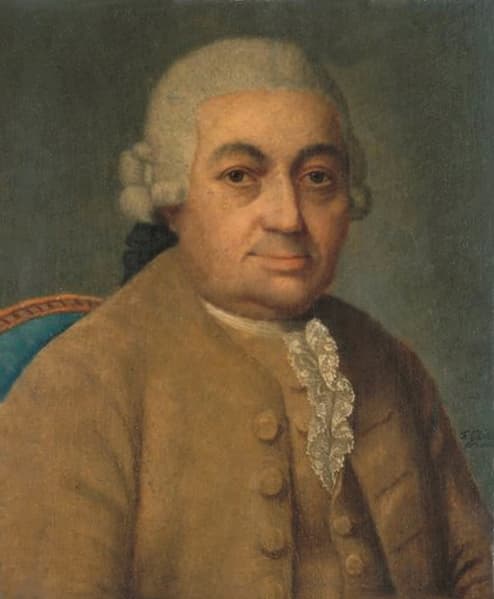
Carl Philipp Emanuel Bach
A little less than a year after Maria Sophia died, Carl Philip Emanuel Bach, later known as C.P.E. Bach, was born. He would prove to be an important link between the Baroque style of music that his father wrote and the next generation’s lighter, more classical approach, as typified by Haydn and Mozart. That said, he was never able to truly escape the giant shadow cast by his father.
Johann Gottfried Bernhard (1715-1739)
If Johann Gottfried Bernhard Bach wrote any music, none of it has survived. He did, however, study and work as an organist. Unfortunately, it seems that he lived beyond his means (Johann Sebastian once referred to him as “misguided”), and he accumulated debts as a young man. He abandoned music to study law, but before he finished his law training, he died suddenly of a high fever at the age of 24.
Leopold Augustus (1718-1719)
Poor Leopold Augustus died when he was just ten months old, in September 1719.
Less than a year after Leopold Augustus’ death, Maria Barbara Bach died, too. According to an obituary cowritten by C.P.E. Bach, she passed away unexpectedly in July of 1720. To make matters worse, Bach was traveling for work at the time, so he had no warning.
Bach no doubt wanted his surviving children to have a mother figure. On 3 December 1721, they got one when he married Anna Magdalena Wilcke, a singer from a musical family. Anna Magdalena was relatively young compared to Johann: she had just turned twenty, and he was thirty-six. In fact, Anna Magdalena was closer in age to her stepchildren than Bach!
It wasn’t long before she became a biological mom of her own. She and her husband ultimately had thirteen children together, on top of raising the surviving kids from Bach’s first marriage.
Christiana Sophia Henrietta (1723-1726)
She died just after her third birthday.
Gottfried Heinrich (1724-1763)
It appears that Gottfried Heinrich Bach had a mental disability of some kind, as he is described in historic records as “feeble-minded.” However, he played the keyboard very well. Later, instead of embarking on a career of his own, he moved in with his younger sister Elisabeth and her husband.
Christian Gottlieb (1725-1728)
He, like his older sister Christiana, died just after his third birthday.
Elisabeth Juliana Friederica (1726-1781)
We don’t know a tremendous amount about Elisabeth, but we know that she married one of her father’s pupils, an organist named Johann Christoph Altnikol. They named their firstborn Johann Sebastian, but he died in infancy. After her husband died, Elisabeth received money to survive from her half-brother, C.P.E. Bach, who helped to support both her and her disabled brother Gottfried.
Ernestus Andreas (1727-1727)
He only lived for two days.
Regina Johanna (1728-1733)
She died a few months before her fifth birthday.
Christiana Benedicta (1730-1730)
She lived for three days.
Christiana Dorothea (1731-1732)
She died at the age of seventeen months.
Johann Christoph Friedrich (1732-1795)
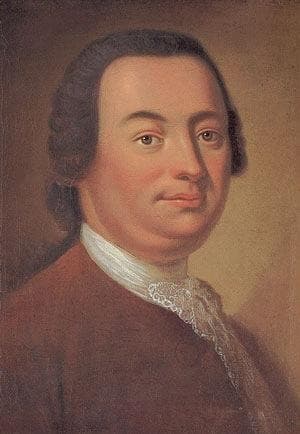
Johann Christoph Friedrich Bach
Johann Christoph Friedrich was born during a stretch of tragedy for the family, as Johann Sebastian and Anna Magdalena lost child after child. Today he’s known as the Bückeburg Bach, after the town in which he worked. He wrote all kinds of music, from symphonies to sonatas. In 1755 he married a singer, and they had a son named Wilhelm who became a professional composer in his own right
Johann August Abraham (1733-1733)
He only survived for a day.
Johann Christian (1735-1782)
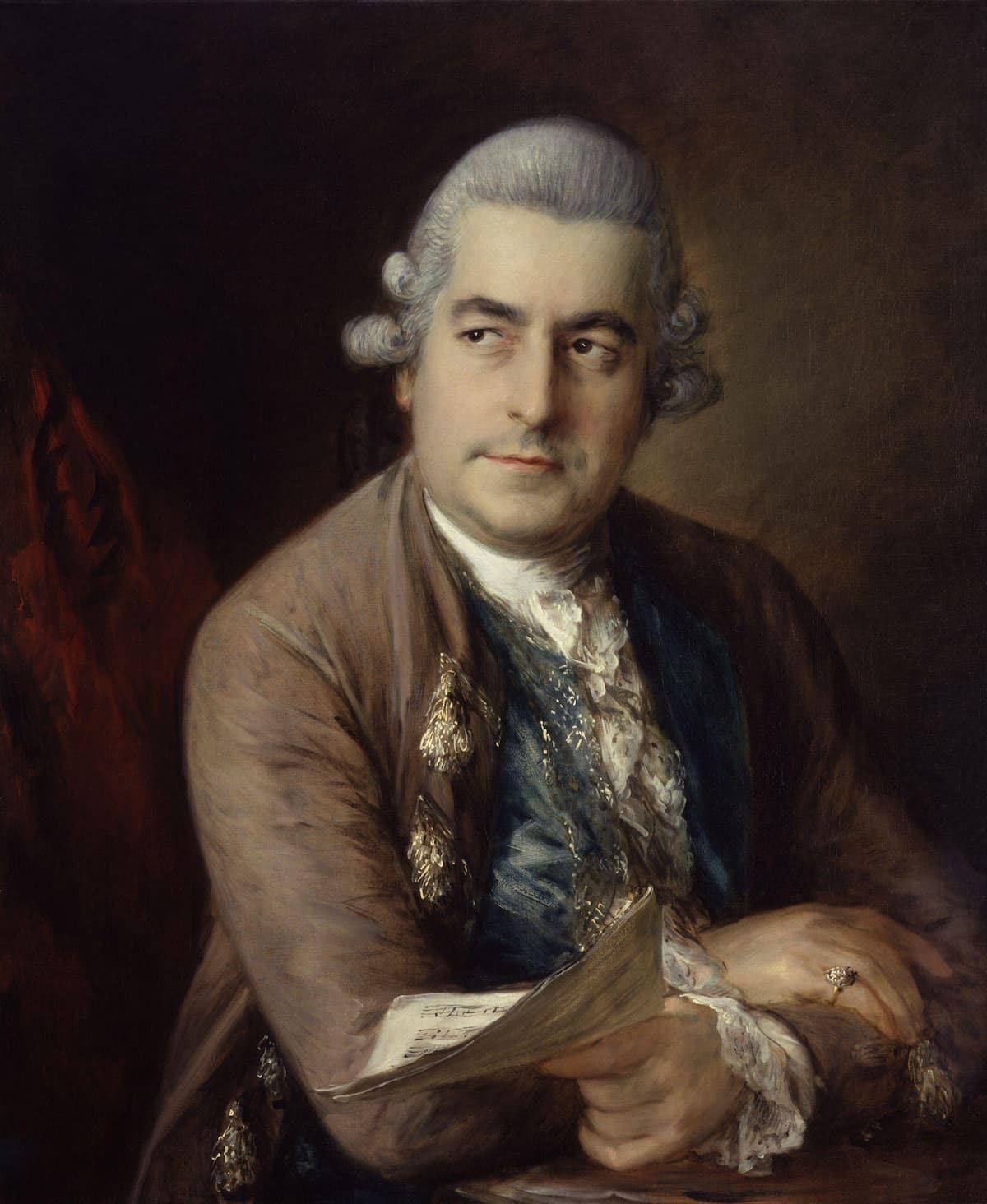
Portrait of Johann Christian Bach in 1776 by Thomas Gainsborough
His dad was fifty years old when Johann Christian Bach was born! He studied with his father for a while, then (perhaps hoping to gain a more modern musical perspective), he studied with his older half-brother C.P.E. Bach, who, given the age difference, probably felt more like an uncle than a brother.
Johann Christian Bach enjoyed a successful career. He lived for many years in Italy and England, and even became Princess Charlotte’s music instructor. (He also converted to Catholicism, which his father, a famously devout Lutheran, probably wouldn’t have been too happy about!) He married a singer and died childless and in poverty. Luckily, Queen Charlotte arranged for a pension for his wife.
Johanna Carolina (1737-1781)
We know very little about the life of Johanna Carolina. We know that she never married, and that she was only twelve when her father died, and twenty-two when her mother died.
And last but not least…
Regina Susanna (1742-1809)
Five years younger than her next-oldest sibling, Regina Susanna was the only Bach child to live into the nineteenth century. By her old age, she was destitute, and in the early 1800s, the editor of the Allgemeine Musikalische Zeitung printed a notice explaining her circumstances and asking for donations to support her. One of the readers believed to have answered the call? A prickly Vienna-based composer named Ludwig van Beethoven.
Tragically, after Bach’s death in 1750, the surviving sons quarreled, and C.P.E. Bach ended up, as best we know, being the only sibling who ever provided any financial assistance to Anna Magdalena in her widowhood. She, like her youngest daughter, died deep in poverty in 1760 and was buried in an unmarked grave.
The Bach family is the most famous extended family in music history. Understanding the joys and sorrows of its members as reflected in its many births and deaths lends depth to our understanding of all the music they left for future generations.
Six of the Wildest Piano Duels in Music History
by Emily E. Hogstadt, Interlude
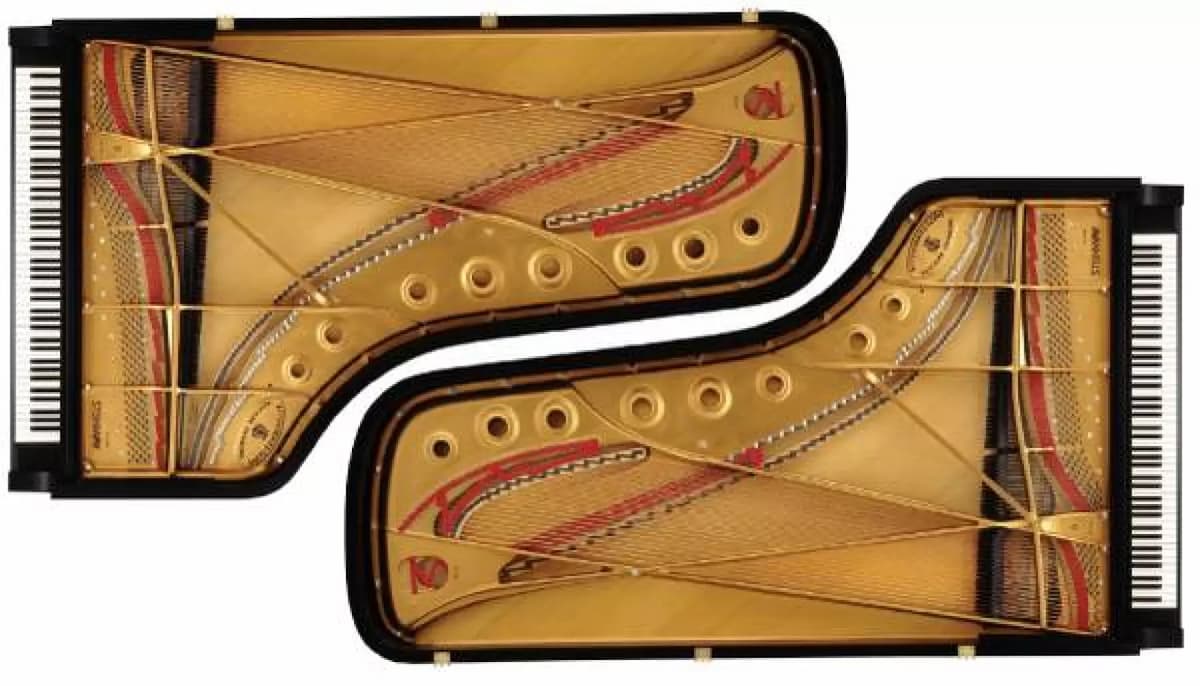
© wshu.org
Today we’re looking at six of the most famous piano duels in the history of classical music, from the time Mozart was pitted against a rival on Christmas Eve in a Viennese palace to the time Liszt and his greatest rival trying to settle the question of who was best in a sparkling Romantic Era Paris salon.
Let’s get started!
Bach vs. Marchand (1717)
In 1717, when Bach’s work travels took him through Dresden, he unknowingly walked into a veritable snake’s pit of musical intrigue.
An irascible musician named Louis Marchand, who had left (or possibly been fired) the French royal court, was visiting Dresden at the same time that Bach was.
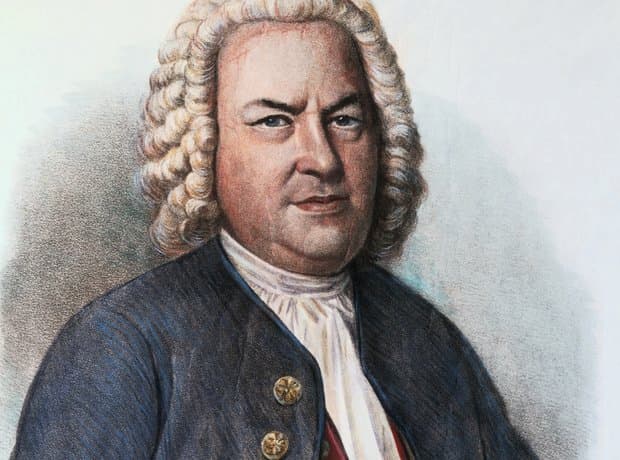
J.S. Bach © ClassicFM
Dresden-based musician J.B. Volumier feared that Marchand would be hired in Dresden and become a rival. So he began scheming to get Marchand out of the way.
He started by offering Bach an opportunity to hear Marchand practice. Volumier kept Bach “concealed” so that Marchand wouldn’t know anyone was listening.
Bach was then encouraged by courtiers to challenge Marchand to a duel. Since he’d just heard Marchand play and felt confident that he’d win in a head-to-head battle, he agreed.
The scheduled time for the face-off arrived, with a variety of wealthy and powerful people assembling to watch the musical carnage. Then came a shocking twist: Marchand had taken an early morning carriage and vanished from the city altogether.
It is theorized that Volumier may have sneaked Marchand into one of Bach’s practice sessions and that Volumier was so intimidated by what he heard there that he left town rather than embarrass himself onstage.
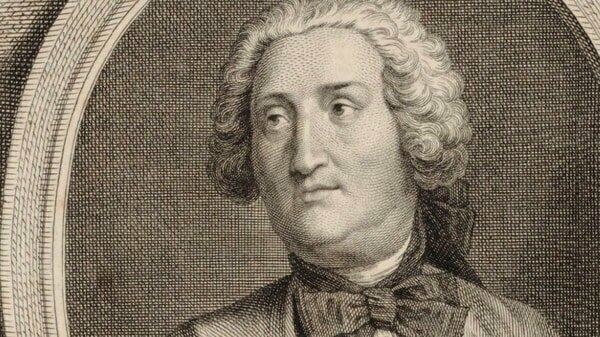
Louis Marchand
One caveat: eliable biographical details about Bach’s life are scarce, and it’s unclear exactly how much of this story is true. It has likely been embellished over the generations. But it remains one of the most famous keyboard duels of all time, whether it actually happened or not.
Handel vs. Scarlatti (1709)
George Frederick Handel and Domenico Scarlatti were born in 1685. By their mid-twenties, they both had earned major reputations as organ and harpsichord players.
In 1709, a cardinal and patron of the arts named Pietro Ottoboni was keeping court at the Palazzo della Cancelleria. Both Handel and Scarlatti were present, and they challenged each other to a friendly duel.
The night of the duel arrived. There would be two rounds to the competition. One would compare the musicians’ abilities on harpsichord, the other on organ.
Scarlatti won the harpsichord round; Handel won the organ round. In the end, the competition was labeled a draw.
Mozart vs. Clementi (1781)

Mozart vs Clementi
In 1781, Wolfgang Amadeus Mozart moved to Vienna to pursue a career as a freelance musician.
His reputation had spread far and wide, and on Christmas Eve, he was summoned by the Emperor. He wanted Mozart to have a musical duel with an Italian pianist currently making a splash in Vienna, a man named Muzio Clementi.
Clementi later remembered, “On entering the Emperor’s music room, I found there someone whom, because of his elegant appearance, I took for one of the Emperor’s chamberlains; but scarcely had we begun a conversation when we soon recognized each other as Mozart and Clementi.”
The two got down to business. Clementi began by playing one of his own sonatas; Mozart replied by playing an improvisation. Next came a sight-reading competition.
In the end, the assembled aristocrats declared the evening a draw, and prize money was split between the two men.
But the Emperor had a private side-bet going. He had bet on Mozart winning, while his Italy-loving sister-in-law bet on Clementi. Later, the Emperor, privately believing that Mozart had performed the best, collected his money from her.
Beethoven vs. Woelfl (1798)
Joseph Woelfl was born in 1773 in Salzburg and studied music under Mozart’s father. In 1790, he moved to Vienna to find work as a musician.
Beethoven also moved to Vienna in 1792. Cliques of fans soon arose. Some preferred the genial, gentler style of Woelfl, while others gravitated toward the stormy virtuosity of Beethoven.
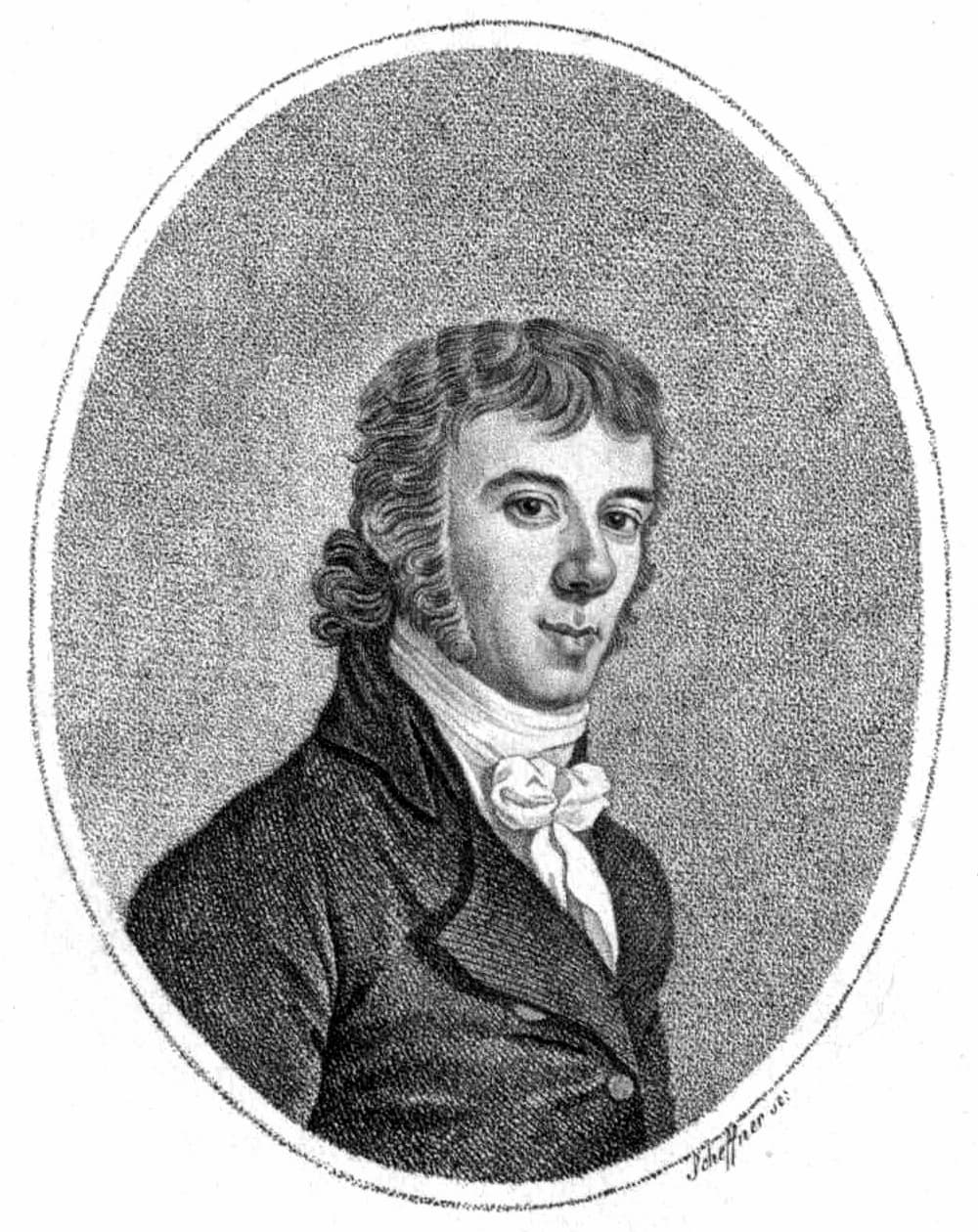
Joseph Woelfl © Wikipedia
Woelfl also had a striking biological advantage: his fingers were freakishly long, allowing him to reach the interval of a tenth on the keyboard.
In 1798, the two men agreed to a piano duel and carried it out. In the end, Beethoven was declared to be the winner.
Woelfl was unbothered. In fact, he underlined his admiration for Beethoven by publicly dedicating a 1799 piano sonata to him.
Beethoven vs. Steibelt (1800)
Daniel Steibelt was born in 1765 in Berlin. His father forced him to join the military, but he deserted and began a career as a piano virtuoso and composer instead.
In March 1800 he arrived in Vienna. Beethoven was not thrilled about this newcomer trying to usurp his place. They ended up meeting at the home of nobleman and banker Count Moritz von Fries to settle their differences with a good old-fashioned piano duel.
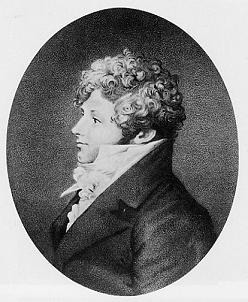
Daniel Steibelt
The duel featured three rounds. The first consisted of playing another composer’s work. Beethoven played a Mozart work; Steibelt played a Haydn work. Beethoven won.
The second round required the participants to improvise on a theme supplied by the other man. Beethoven won this round, too. By this time, Steibelt was surely sweating.
The third round would be the most challenging of all: sight-reading a work composed by the other man. Beethoven chose to pass along his eleventh piano sonata, which Steibelt interpreted very ably.
Steibelt then made a daring move: he handed Beethoven not a sonata for piano, but a sonata for piano and cello. Beethoven took the sheet music, turned it upside down, read it, and began improvising on themes from it.
According to legend, Steibelt left the room in a huff.
We don’t know exactly how much of this story is true. The most extensive record of it comes from a man named Ferdinand Ries, who wrote the account decades later, and who was also a friend and ally of Beethoven, with every incentive to make him look good. But regardless of if the details are accurate, it’s a great story.
Liszt vs. Thalberg (1837)
The duel between Franz Liszt and Sigismund Thalberg is probably the most famous piano duel in the history of classical music.
In 1837, these two young virtuoso pianists were taking Paris by storm. That March, writer and journalist Countess Cristina Belgiojoso – once the wealthiest heiress in Italy, and a supporter of Italian revolutionaries – invited Liszt and Thalberg to participate in a duel. Proceeds from the event would go to Italian refugees.
Each man played a series of their own works, including wildly flashy and virtuosic variations on operatic themes, which were extremely popular at the time.
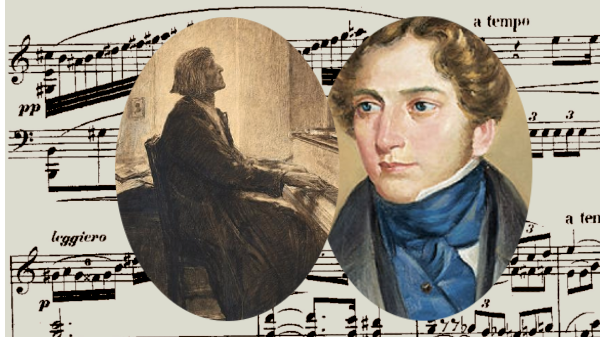
Franz Liszt vs Sigismond Thalberg
The savvy countess, not wanting to alienate either giant, famously proclaimed, “Thalberg is the greatest pianist, but there is only one Liszt.”
Critic Jules Janon was more descriptive when he wrote about the event the following day:
Never was Liszt more controlled, more thoughtful, more energetic, more passionate; never has Thalberg played with greater verve and tenderness. Each of them prudently stayed within his harmonic domain, but each used every one of his resources. It was an admirable joust. The most profound silence fell over that noble arena. And finally Liszt and Thalberg were both proclaimed victors by this glittering and intelligent assembly. Thus two victors and no vanquished.